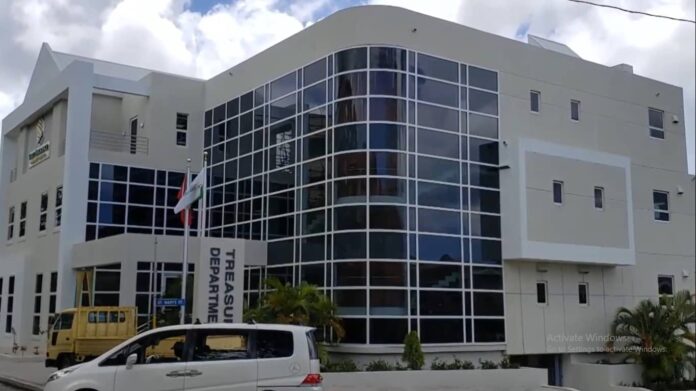Prime Minister Gaston Browne has revealed that high debt servicing costs are placing significant pressure on Antigua and Barbuda’s finances, limiting the government’s ability to invest in vital development projects.
Speaking on his weekly radio programme on Pointe FM, Browne noted that while the country’s debt-to-GDP ratio has improved dramatically—falling from 104% to approximately 62%—the structure and terms of the nation’s debt continue to pose a serious challenge.
“Our biggest problem now is not our debt-to-GDP,” the Prime Minister said. “Our issue is the debt service, because most of our loans and advances are short to medium-term, and the interest rates are relatively high.”
According to Browne, debt servicing currently consumes more than 20% of government revenue, leaving fewer resources for infrastructure and social development programmes.
“When your debt service is that high, it reduces the amount of money that you have for development, especially social development,” he explained.
To address the issue, the government is exploring plans to float a bond valued between US $350 million and $400 million. The aim is to retire some of the high-interest obligations and replace them with longer-term financing.
“If we can extend the term to about 20 to 25 years and secure a principal moratorium for the first five years, it would significantly reduce cash outflows,” Browne said. “That means we can build more roads, repair public buildings, and do more in terms of improving infrastructure.”
The Prime Minister’s remarks come at a time when the government is undertaking several major infrastructure projects, despite facing financial constraints. He acknowledged that in some cases, road construction is underway “without any real fiscal space.”
The proposed bond would form part of a broader effort to create more sustainable public finances and to ensure that development goals are not sidelined by the burden of servicing short-term, high-interest debt.


